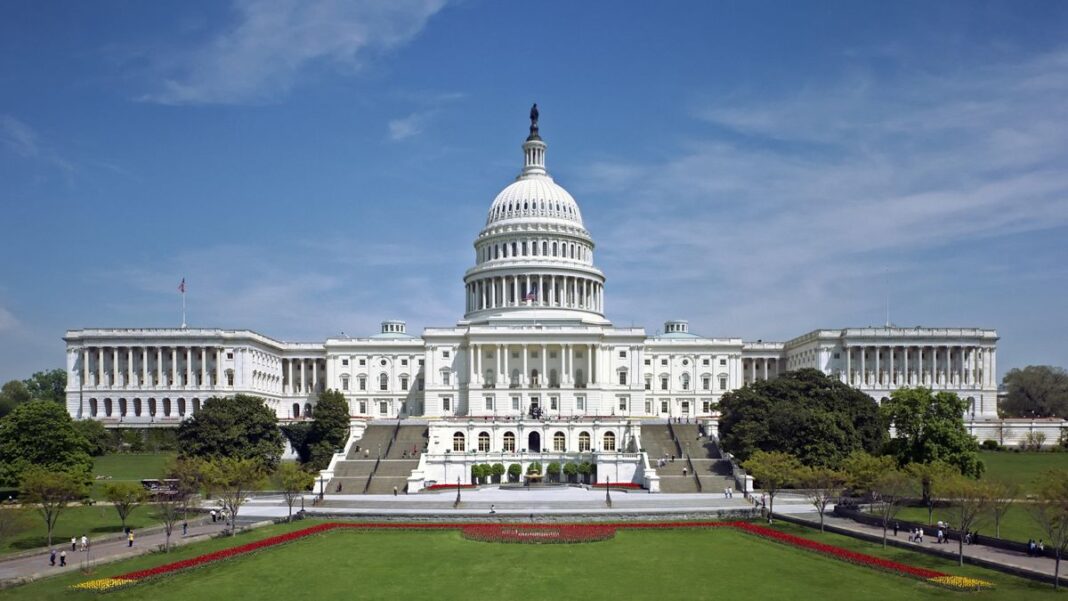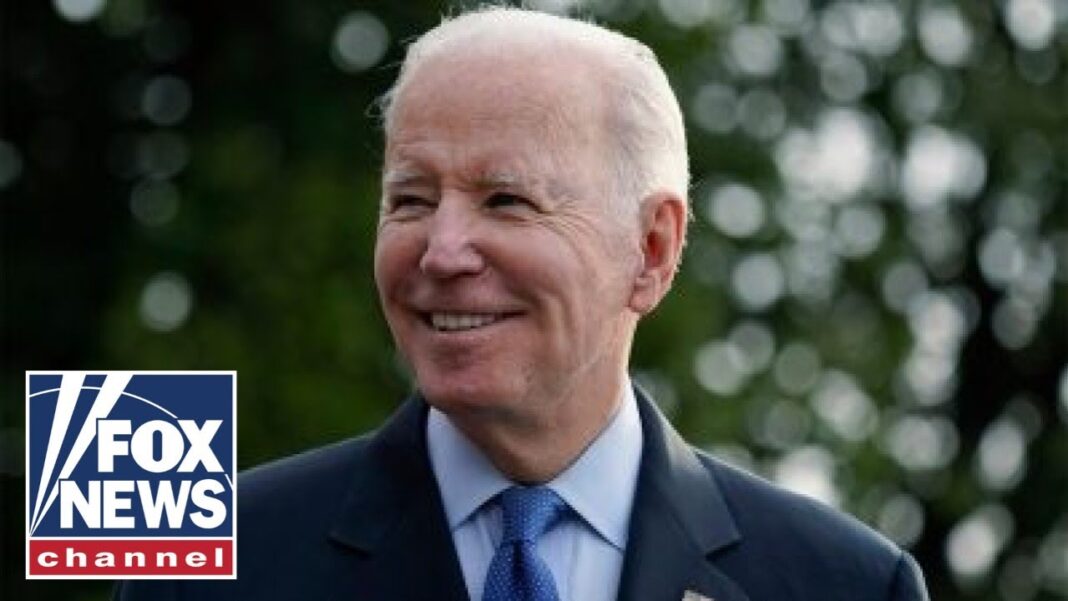The 118Th Congress has been in session for several months and again proves it is as irrelevant as it has been for the last few decades. It argues over the debt ceiling but does not identify specific spending cuts to negotiate with the administration. The Biden administration still routinely stiff-arms Congress by refusing to provide substantive information on national security matters such as the infamous “Chinese weather balloon” that toured the nation taking photographs of military installations. Witnesses refuse to provide Congress the information it needs at hearings, but Congress never withholds money from non-cooperating agencies, nor any longer implies there is a mysterious jail cell in the basement of the Capitol.
Congress holds a public approval rating of 21%.
To reclaim its dignity, members of Congress must understand and implement their constitutional duties as the nation’s primary lawmakers and budget managers. Similar to Alcoholics Anonymous, members of Congress need to go through a “psychic change” that results in a mental, emotional, and spiritual shift in its perception of how to spend and delegate power.
Fortunately, political rehabilitation is only a three-step plan.
Step 1: Members of Congress must admit that uncontrolled spending has made the nation unmanageable.
Congress has one power that no other branch of government can interfere with – it is the power to spend or not spend money. The Constitution is clear, “No money shall be drawn from the Treasury, but in Consequence of Appropriations made by Law….”
Congress has failed to control spending for decades. It cannot even follow its own rules and pass the twelve appropriations bills by the October 1 start of the fiscal year. The last time Congress passed all twelve appropriations as separate bills was in 1996. Generally, Congress keeps the government running with 4000-page Continuing Resolutions or Omnibus appropriations that fund the government by denying legislators insufficient time to read the text of what they are voting on.
The historical view of congressional power is that Congress appropriates money by passing a bill in the House and Senate and sending it to the president for the usual signature. Under this approach, the federal government grows in cost, size, and mandates.
But Congress does not have to be a Spendaholic. A majority of one House of Congress can shrink the federal government by refusing to pass an appropriations bill. Reducing the size of the government, its bloated budgets, and massive debt is as easy as “Just saying no!”
Step 2. Congress must believe the Constitution is a greater power than the President, and by following the Constitution, it can restore sanity to governing.
Nothing in our Constitution can be more explicit in intent than “All legislative Powers herein granted shall be vested in a Congress of the United States. By granting emergency powers to the Executive, Congress authorizes the Executive broad authority to act in lieu of Congress. Once presidents hold such power, they are unlikely to relinquish it easily.
Historically, emergency powers were limited to wartime and natural disasters. Today, however, Congress authorizes non-war-time presidents the right to exercise war-time emergency powers to control citizens in a domestic setting. The Covid pandemic highlights how emergency powers can be used by a president to rule without Congress.
Biden has aggressively relied on emergency public health powers to enact new laws, mandating the 84 million Americans subject to the Occupational Safety and Health Act to be vaccinated or tested weekly. He even tried to forgive $600 billion of student loan debt, a clear exercise of congressional appropriating power.
There are ninety-six laws passed by Congress authorizing the President to use so-called “national emergency powers” with nothing more than the signature on an emergency proclamation.
Other presidential emergency powers authorized by Congress include the ability to control airports, industrial facilities, and our communications system. The authority most used is the International Emergency Economic Powers Act (“IEEPA”). It authorizes the president to invoke emergency powers relating to U.S. national security, foreign policy, or the economy, including financial and commercial transactions. Sanctions can be imposed on individuals as well as countries, including the freezing of bank accounts and the seizure of assets. The IEEPA has been invoked 55 times.
Step 3. Every member of Congress must make a searching and fearless moral decision to solemnly guard its power to declare war.
The United States is in perpetual war; Ukraine, Afghanistan, Iraq, Viet Nam, and Syria, to name a few. Yet, Congress never declares war as required by our Constitution. While the president is the commander-in-chief of the armies, only Congress has the power… “To declare War.” By allowing the nation to fight many undeclared wars, Congress abdicates this sacred constitutional duty of determining when to send the nation to war.
As a nation, we are 234 years from the ratification of the Constitution. Within this time period, the U.S. has been at war for 138 years. Only five wars, totaling 32 years of war, were fought under a congressional declaration of war – the War of 1812, the Mexican War, the Spanish-American War, and World Wars I and II.
While in political rehab, Congress must reflect upon its lack of character, courage, and moral strength by abdicating its responsibility for deciding when the nation goes to war.
If Congress is to obey and defend the Constitution, it must acknowledge its flaws, gain control of spending, reclaim all emergency powers granted to the president, and transform itself into the primary lawmaker of the nation. This transformation will require moral strength, but Congress will be restored to glory if it successfully re-claims its constitutional duties.






